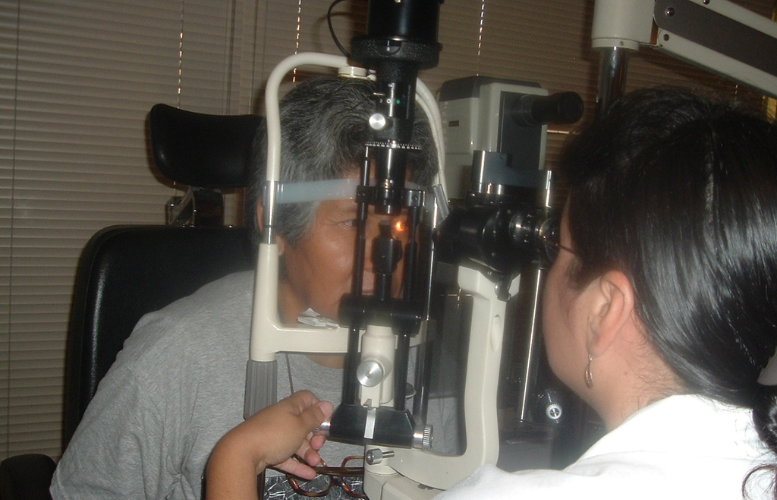
El trasplante de córnea es un procedimiento quirúrgico esencial que reemplaza una córnea dañada con tejido sano de un donante. En Perú, las principales razones para someterse a esta operación incluyen queratocono avanzado, cicatrices corneales por infecciones o lesiones, distrofias corneales hereditarias y complicaciones de cirugías oculares anteriores. Gracias a innovaciones tecnológicas y mejoras en los procedimientos médicos, los tiempos de espera para los pacientes se han reducido considerablemente, logrando una tasa de éxito del 90% en esta cirugía.
El proceso de donación de córneas en Perú es riguroso, implicando la identificación del donante, extracción y evaluación del tejido, preservación en bancos de ojos y asignación a pacientes en lista de espera. Este proceso garantiza la calidad del tejido y la compatibilidad con el receptor.
En este contexto, el Dr. José Benites Falconí nos comenta sobre las técnicas que Oculaser ha implementado, como la queratoplastia lamelar y el uso de láser de femtosegundo, que permiten una mayor precisión en la cirugía y una recuperación más rápida. Además, convenios con bancos de ojos en Estados Unidos han reducido el tiempo de espera para una córnea donante de varios meses a tan solo semanas.
Los pacientes que decidan optar por esta cirugía deben pasar por un examen ocular completo y una evaluación médica exhaustiva antes de la cirugía. El seguimiento postoperatorio es crucial para asegurar una recuperación adecuada y evitar complicaciones como el rechazo del trasplante, infecciones y problemas de visión. Según el Dr. José Benites Falconí, médico oftalmólogo de Oculaser, esta intervención es crucial en casos donde otros tratamientos no son efectivos para las enfermedades corneales graves.
El trasplante de córnea es una solución efectiva y accesible para quienes sufren de enfermedades corneales graves en Perú. Con los avances tecnológicos y las mejoras en los procedimientos de donación y trasplante, los pacientes pueden esperar una mayor tasa de éxito y una recuperación más rápida. El costo de esta operación varía entre 18,000 y 40,000 soles por ojo. Además, Oculaser ofrece opciones de financiamiento y apoyo económico para asegurar que más pacientes tengan acceso a estos procedimientos vitales.









